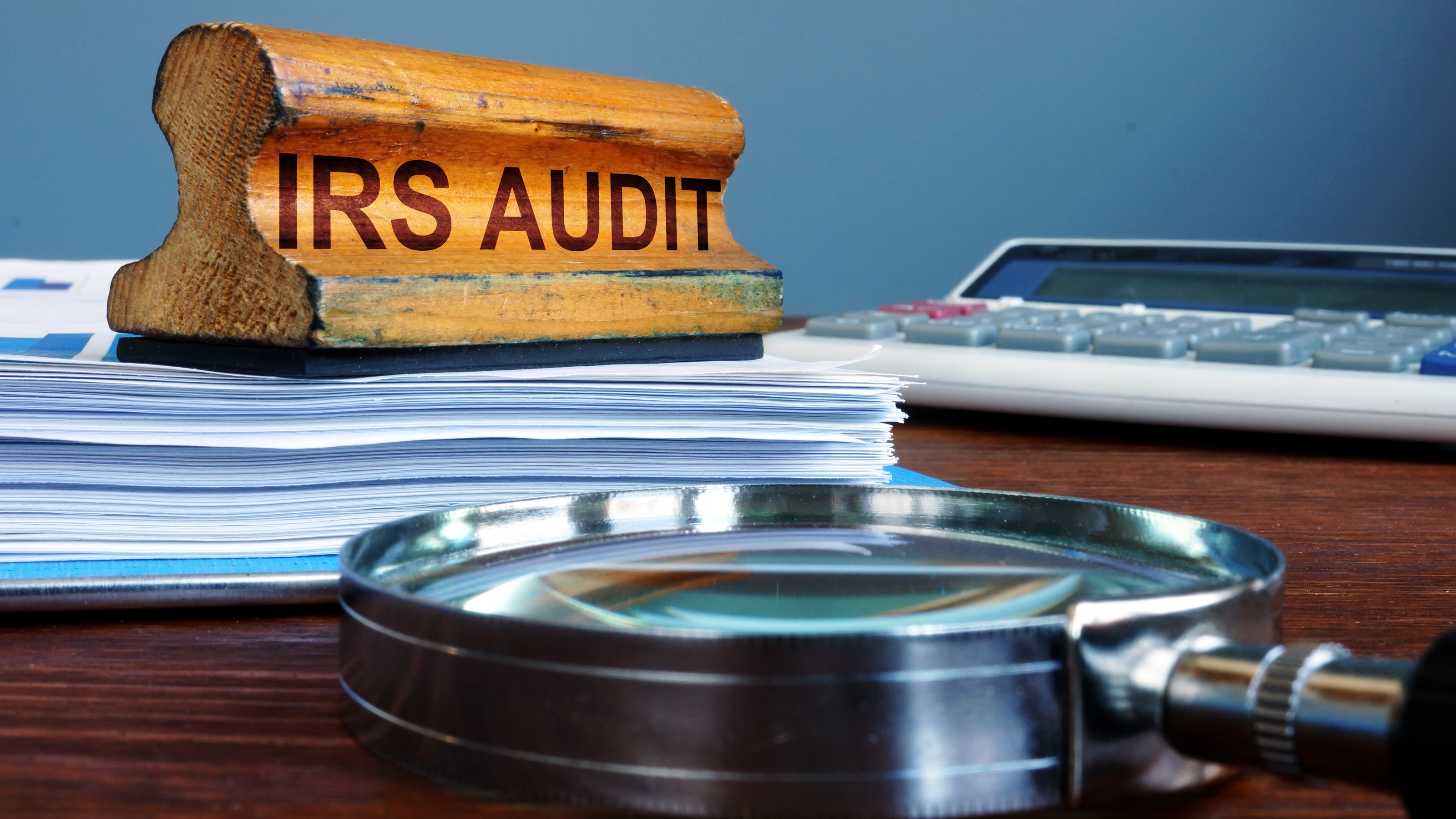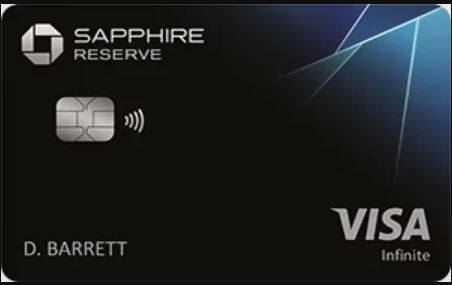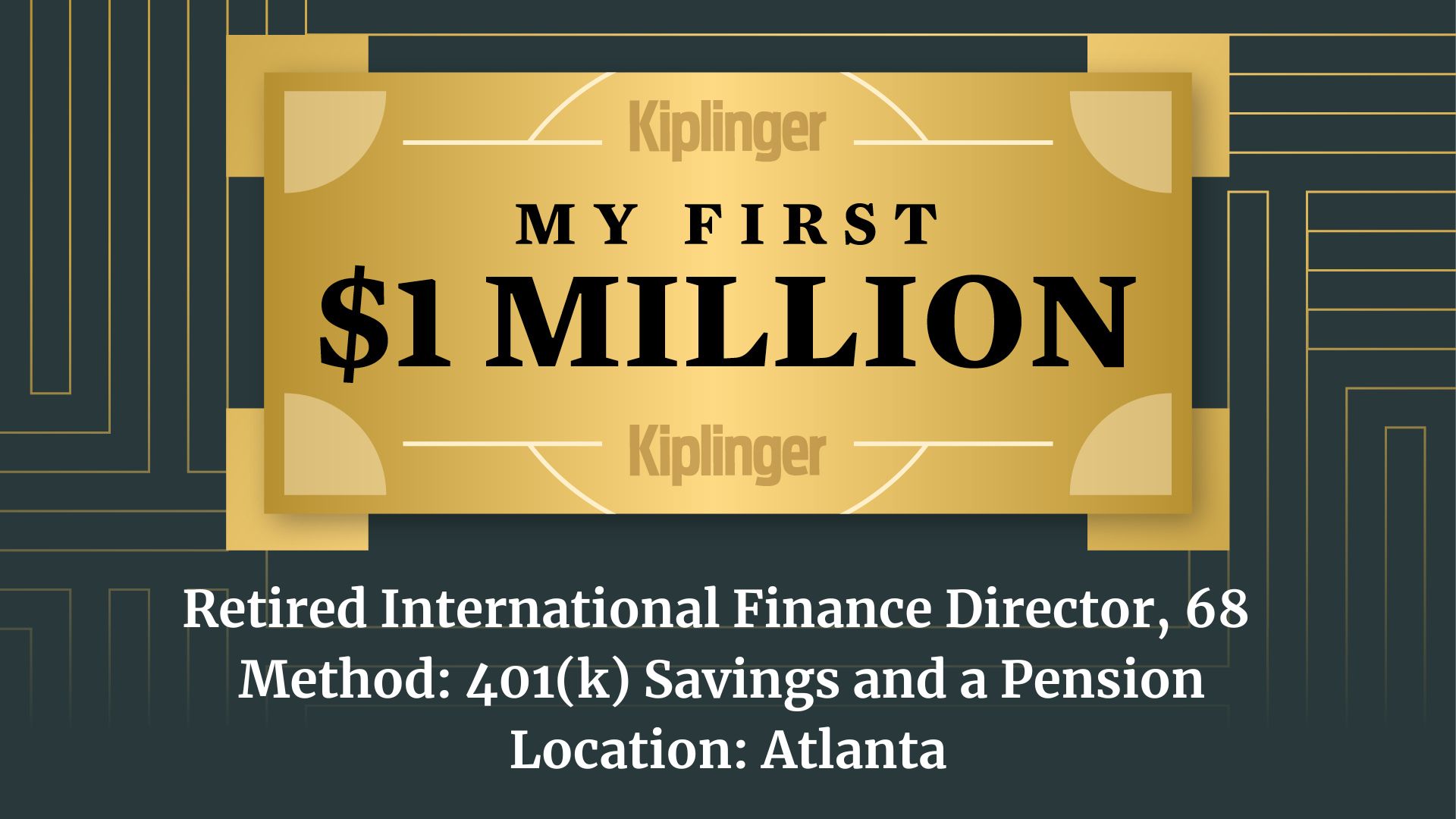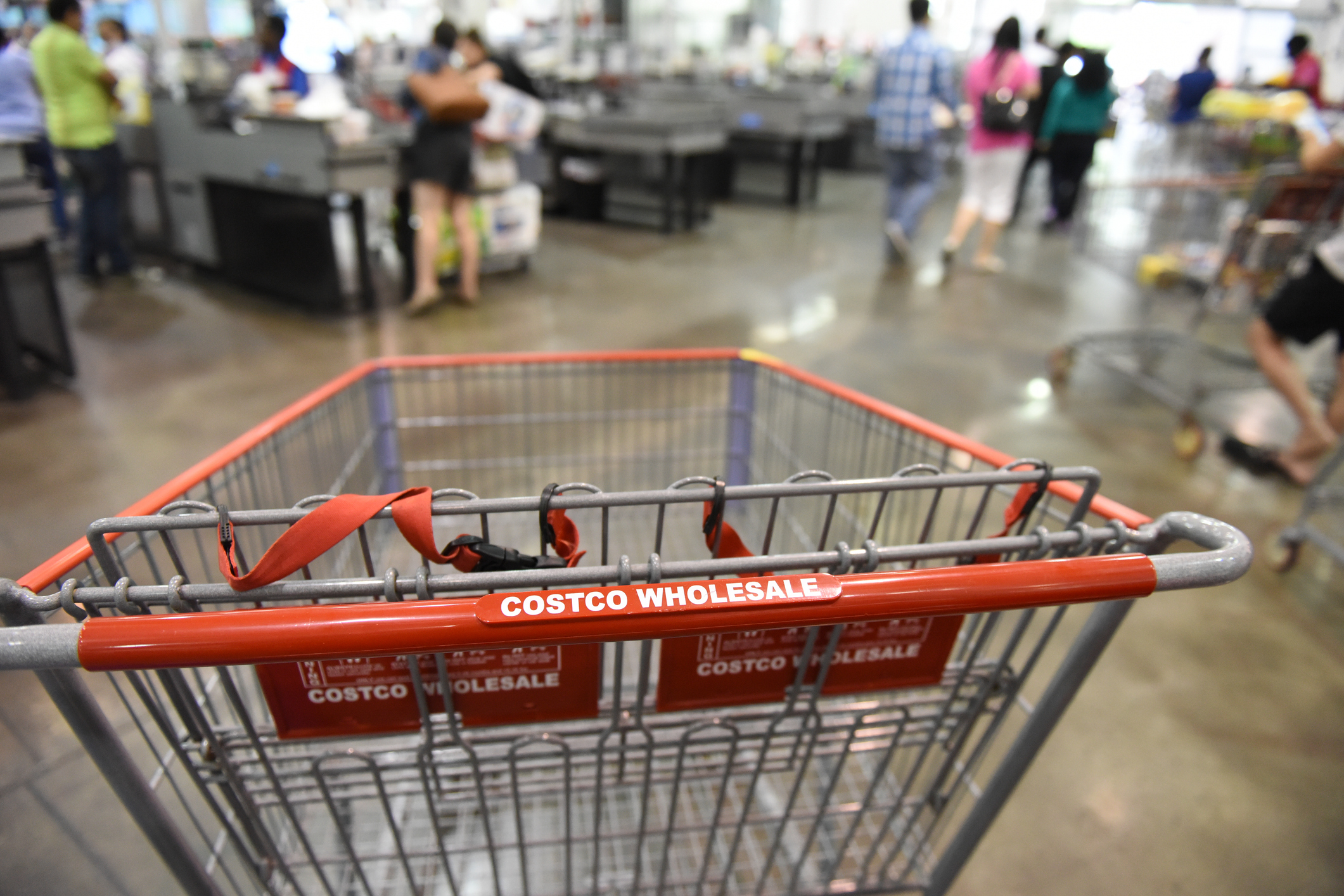Why More People Are Using Small Banks And Credit Unions
More people are considering community banks and credit unions for their lower interest rates and friendlier service.

Getting a credit card from a larger bank sounds like a good idea. After all, some come with generous cash back rewards to help you save on everyday purchases.
However, larger financial institutions don't always have the best customer service, and people are starting to take notice, according to a recent study.
68% of national banks last year issued consumers their primary cards and have an even stronger lead among consumers who also bank with them, according to the study by PYMNTS Intelligence and Elan Credit Card. This, however, is a significant decline from the 76% that big banks issued in 2020, as shown in the study, which surveyed 2,088 U.S. consumers who earn more than $100,000 annually.

Sign up for Kiplinger’s Free E-Newsletters
Profit and prosper with the best of expert advice on investing, taxes, retirement, personal finance and more - straight to your e-mail.
Profit and prosper with the best of expert advice - straight to your e-mail.
By contrast, credit unions and small banks — which still have relatively small market shares — have increased their shares over the same time period. Credit unions grew their share of primary credit cards from 6% in 2020 to 8.3% in 2023, while community banks increased theirs from 2.3% to 5.1% in the same time period.
The numbers aren’t massive, but they certainly indicate some shifting preferences, especially, as the study states, national banks trend in the opposite direction. In addition, one in four survey participants said they are most likely to use either a credit union or community bank for their next credit card application.
“Though modest in absolute terms, these shifts represent sizable relative gains,” PYMNTS and Elan say in the study.
The appeal of going small
There are a number of reasons to consider joining a credit union or community bank, especially during unsettling financial times.
Credit unions usually tout lower interest rates than national banks. The reason for this is that they're member-owned, meaning everyone who has an account with them is a partial owner.
Because many don't pay out to shareholders, they can keep their rates lower, giving them an edge on larger financial institutions. And it could save you hundreds of dollars over the life of the loan in interest fees.
It can also help you save more money quicker, as they tend to have higher rates of return on high-yield savings accounts and CDs.
Banking locally also ensures that your money stays in your community. As shopping and sourcing locally increase in popularity, perhaps so too does banking locally in the interest of community.
According to the study, key features that participants valued most — and that credit unions and small banks could improve on — include rewards and cash-back programs.
If you’re interested in exploring credit unions as an option for your next card, some of Kiplinger’s top picks include Alliant, which offers low fees and attractive CD options, as well as Bellco and Connexus, each for their ranges of free checking account options and savings yields. You can learn more about each one here.
The bottom line
The appeal to going local for banking is slowly growing. With one in four considering community banks or credit unions for their next credit card, it indicates a shift in the way some view smaller financial institutions.
Credit unions do an exceptional job offering lower interest rates on loans and higher rates on savings and CDs. The only drawback to going with smaller options like community banks is you might miss out on better cashback rewards offered by larger banks. Therefore, prioritize what you need from your next credit card or savings account before making the switch.
RELATED CONTENT
Profit and prosper with the best of Kiplinger's advice on investing, taxes, retirement, personal finance and much more. Delivered daily. Enter your email in the box and click Sign Me Up.

Jamie Feldman is a journalist, essayist and content creator. After building a byline as a lifestyle editor for HuffPost, her articles and editorials have since appeared in Cosmopolitan, Betches, Nylon, Bustle, Parade, and Well+Good. Her journey out of credit card debt, which she chronicles on TikTok, has amassed a loyal social media following. Her story has been featured in Fortune, Business Insider and on The Today Show, NBC Nightly News, CBS News, and NPR. She is currently producing a podcast on the same topic and living in Brooklyn, New York.
-
 I’m burned out at work, but I dread retirement boredom and loneliness. Now what?
I’m burned out at work, but I dread retirement boredom and loneliness. Now what?We asked the experts what to do when you're stuck on the fence.
-
 Fewer Agents, Fewer Audits: How IRS Staff Cuts Are Changing Enforcement
Fewer Agents, Fewer Audits: How IRS Staff Cuts Are Changing EnforcementSignificant reductions in the IRS workforce appear to be increasing the number of 'no change' audit closures. The shift could potentially increase the overall tax gap — the difference between taxes that should have been paid and those that were.
-
 How Amazon Will Deliver Your Prime Day 2025 Orders — From Vans to Drones
How Amazon Will Deliver Your Prime Day 2025 Orders — From Vans to DronesAmazon Prime Day returns July 8–11 with 96 hours of deals, and a wide range of high-tech and flexible delivery options to match the shopping surge.
-
 Chase Increases Sapphire Reserve Annual Fee by 45%: Are the New Perks Worth It?
Chase Increases Sapphire Reserve Annual Fee by 45%: Are the New Perks Worth It?Chase announced sweeping changes to its Sapphire Reserve card.
-
 What to Know Before Flying With Your Pet
What to Know Before Flying With Your PetFrom documentation and TSA screening to carrier rules and airport relief areas, here’s what to know before taking your pet on a flight.
-
 This Is How a Lot of Law School Students Are Cheating
This Is How a Lot of Law School Students Are CheatingGrowing numbers of students are falsely claiming a learning disability to score more time to take tests. This has real-world consequences in which fellow students, law firms and their clients pay the price.
-
 My First $1 Million: Retired International Finance Director, 68, Atlanta
My First $1 Million: Retired International Finance Director, 68, AtlantaEver wonder how someone who's made a million dollars or more did it? Kiplinger's My First $1 Million series uncovers the answers.
-
 Student Loan Delinquencies Are Hurting Credit Scores — Even for Parents and Grandparents
Student Loan Delinquencies Are Hurting Credit Scores — Even for Parents and GrandparentsMillions of borrowers are falling behind on student loan payments, triggering steep credit score drops. If you or your family carry student debt, here's what you need to know now.
-
 Costco Offers Executive Members A New Shopping Perk
Costco Offers Executive Members A New Shopping PerkCostco executive members can shop in store one hour earlier, starting on June 30.
-
 Is Your Home Disaster-Ready? An Insurance Expert's Guide to Preparing for Storms and Fires
Is Your Home Disaster-Ready? An Insurance Expert's Guide to Preparing for Storms and FiresHomeowners can take these steps to protect their properties from hurricanes, tornadoes, wildfires and hail, while also potentially reducing their insurance costs.